Every day we are bombarded by images of the society of appearance. In all nations, globalization imposes a model in which wealth, power and physical beauty seem to be the only values. Yet it is enough to stop and observe the people we meet every day in our cities (on a train, in the subway, on the street) to realize that a different reality exists, made up of small daily gestures of solidarity, parents who accompany their children to school, nurses who they get up at dawn to reach their workplace alongside suffering people, workers who carry out their tasks with seriousness and commitment in factories, shops and offices. Not to mention the many volunteer actions.
There is a need for a gaze of truth, capable of going beyond appearances. A look that enhances the positive in each person, realizing that it is these small daily gestures that keep society going. And even more revolutionary are the gestures of those who, despite living in situations bordering on poverty, realize that they can still "give", welcome, share a meal or a room because there is always someone who is "in greater need". And they do it out of a sense of justice, with a generous and disinterested heart.
The gift, we know, is not just material. Chiara Lubich told us: “We always give; we give a smile, an understanding, a forgiveness, a listening ear; we give our intelligence, our will, our availability; we give our time, our talents, our ideas (…), our activity; let's give our experiences, our skills, our assets reviewed periodically so that nothing piles up and everything circulates. Give: let this be the word that gives us no respite".[1]
This idea is therefore an invitation to have a generosity that comes from within, from the purity of hearts that know how to recognize the humanity that suffers by mirroring itself in the often disfigured face of the other. And it is precisely in this gift that we find ourselves freer and more capable of loving.
It was the experience of Etty Hillesum, a young Dutch woman who lived her last years in a concentration camp before dying in Auschwitz, capable of loving the beauty of life and giving thanks for "this gift of being able to read in others. Sometimes people are like houses with an open door to me. I go in and walk around the corridors and rooms, each house is furnished a little differently but ultimately it is the same as the others, each one should be made into a consecrated home" (...). And there, in those barracks populated by crushed and persecuted men, I found confirmation of this love"[2]
The totality of the gift is a logic that builds a pacified community, because it pushes us to take care of each other. It encourages us to live the deepest values in everyday life, without appearing. It's a change in mentality that can become contagious.
Venant was born and raised in Burundi. Tells: "In the village, my family could boast a good farm, with a good harvest. The mother, aware that everything was a gift from nature, collected the first fruits and promptly distributed them to the neighborhood, starting from the neediest families, allocating only a small part of what remained to us. From this example I learned the value of selfless giving”.
[1]Link 23 April 1992
[2]EttyEllisum, Diary
